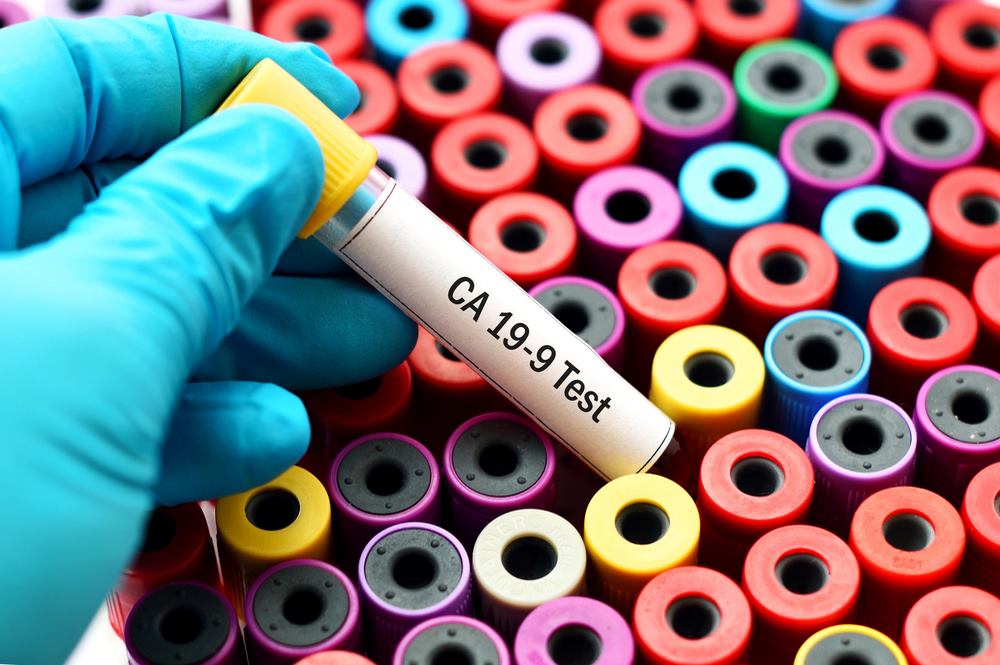When Should Someone Seek Medical attention For a Suspected Pancreatic Cancer?

For some cancers screening tests are available for even average-risk patients. These tests serve a significant role in early detection of any abnormal mass, which might turn cancerous in later life. Breast and colon cancer screening is a very efficient means to catch the culprit before the crime. However, there is a sad news regarding pancreas cancer. Till date, there has been no effective screening strategy devised which can really help in controlling morbidity or mortality related to it. The reason is attributed to the location of the pancreas. It lies deeply embedded in other abdominal organs. Any tumor mass, therefore, escapes the routine physical examination. Moreover, the symptoms of pancreatic cancer are late in onset. It is only when the cancer cells have invaded the surrounding structures, that the symptoms become distinguishable enough to suspect cancer.
Screening for high-risk patients:
High-risk patients are the one who:
- Have any other medical condition which is directly associated with pancreatic cancer, like chronic pancreatitis.
- Have a strong family history of pancreatic cancer
- Have other benign masses in the pancreas
- Have genetic conditions which predispose to cancer.
In such patients, a few screening tests are available. But all these tests are not guaranteed to identify a tumor in early stages. These are briefly discussed as follows:
- Genetic testing and genetic counseling: in people who have hereditary conditions, like Lynch syndrome, or strong family history of pancreatic cancer, can be evaluated via genetic testing. This testing evaluates the personal chances of developing cancer in the light of personal and family genetic history. A genetic counselor helps in this regard.
- An ultrasound or MRI: these tests are not a cost-effective way to screen general public. Only the high-risk population is advised to undertake the following procedures. In these patients, these techniques are reported to have detected tumors. However, a very trained and professional doctor can accurately interpret the report of these tests.
- Blood tests: although not still available, researchers are working on devising a blood test that can effectively identify pancreatic tumor markers like CA19-9. Blood tests are used in diagnosis, but they are not effective in early detection of tumor till date.
Early symptoms of pancreatic cancer are ambiguous. Fatigue, weight loss, onset of diabetes, ad jaundice presenting with yellowing of skin and sclera, can be easily ignored. However, if there is a known family history and personal history regarding cancers, with the simultaneous presentation of these symptoms, it is advised to consult a doctor for proper evaluation of risk. Even the low-specificity screening tests in such cases can be a feasible choice to be made in order to avoid the worst case scenario in the future.
Absence of any specific screening process is directly responsible for the high mortality rate of pancreatic cancer.

